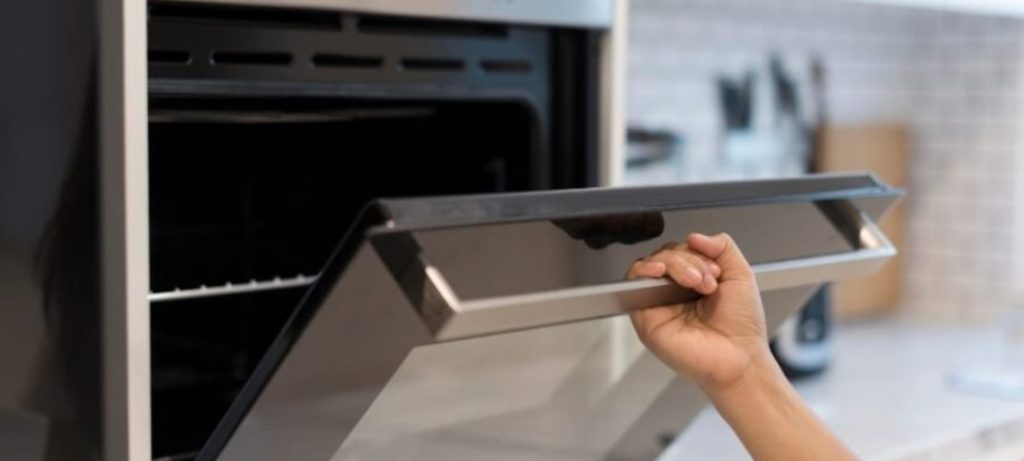If you have a self-cleaning oven, you might think you have hit the cleaning jackpot. After all, what could be easier than pushing a button and letting the oven do all the work? Unfortunately, self-cleaning ovens are not as safe or effective as they seem. Here’s why you should avoid using the self-cleaning feature on your oven.
Self-Cleaning Ovens Get Extremely Hot
Self-cleaning ovens use extraordinarily high temperatures typically between 800 and 1,000 degrees Fahrenheit to burn off food and grease deposits. This high heat can damage the inner workings of your oven, including the heating elements, door seals, and insulation. Fires can even result from it in some cases.
They Produce Harmful Fumes
When self-cleaning ovens get hot, they release harmful chemicals into the air. These chemicals can be dangerous to your health, especially if you have respiratory problems or are sensitive to fumes. If you plan to use the self-cleaning feature on your oven, be sure to open a window and turn on a fan to help ventilate the area.
They’re Not Actually That Effective
Despite their name, self-cleaning ovens aren’t very effective at doing an adequate job of cleaning themselves. In most cases, you’ll still need to scrub away tough food and grease deposits after the cycle has ended. And because self-cleaning cycles can damage your oven’s finish, it’s best to avoid using them altogether.
Self-cleaning ovens may seem like a time-saving appliance, but they’re more trouble than they’re worth. The high temperatures generated during the cleaning cycle can damage your oven and release harmful chemicals into the air. Plus, self-cleaning cycles aren’t very effective at cleaning your oven and in most cases, you’ll still need to do some scrubbing yourself. If you are suffering from appliance damage due to self-cleaning heat and you are in the Boston area, your friends at Capital Appliance Repair Boston are here to help. Call us at (617) 468-1577 or contact us online to book your oven repair today.

